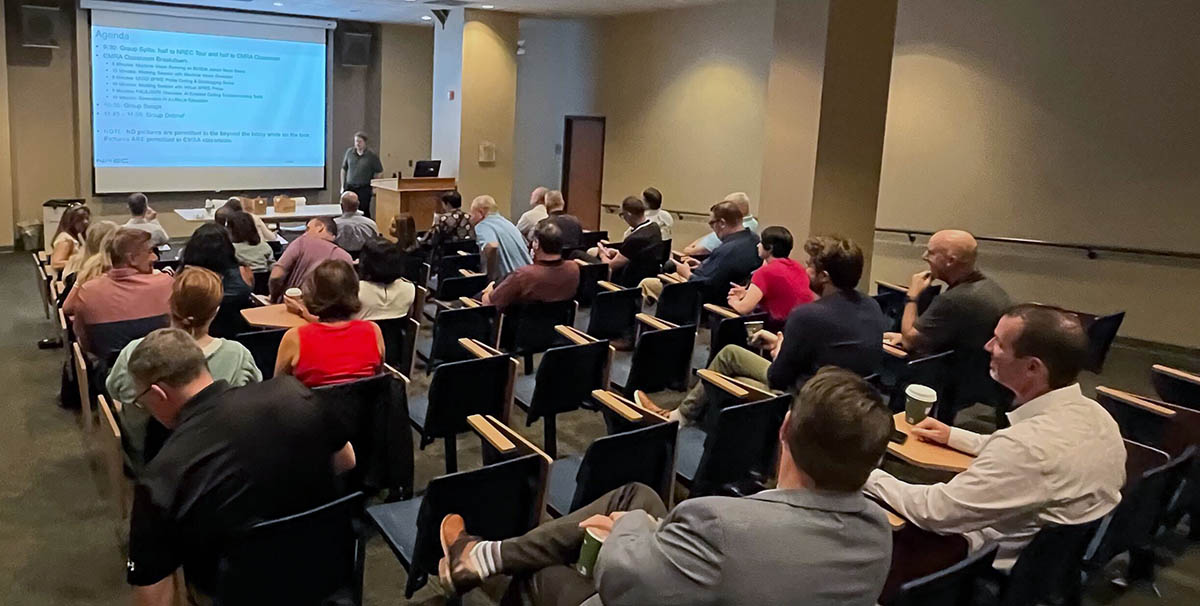
Pennsylvania Intermediate Units Visit the Carnegie Mellon Robotics Academy
By Jesse Flot
Over 30 Executive Directors and leaders from Pennsylvania's Intermediate Units visited the Carnegie Mellon Robotics Academy at the National Robotics Engineering Center for an insightful look into the world of robotics and its educational implications.
Robotics: Tracing its History and Prospects Carnegie Mellon University's association with robotics goes hand in hand with Pittsburgh's growth as a tech hub. Directors gained insights into CMU's pioneering work, from early robotic concepts to advanced projects at the National Robotics Engineering Center (NREC).
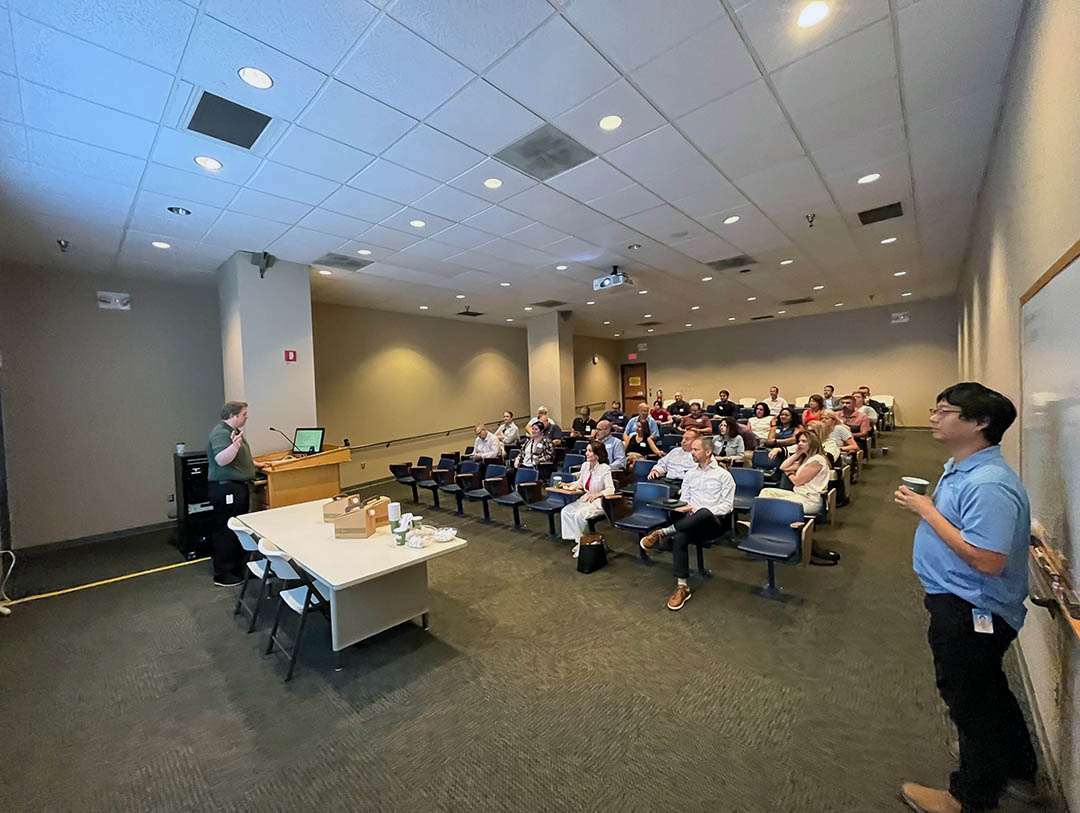 |
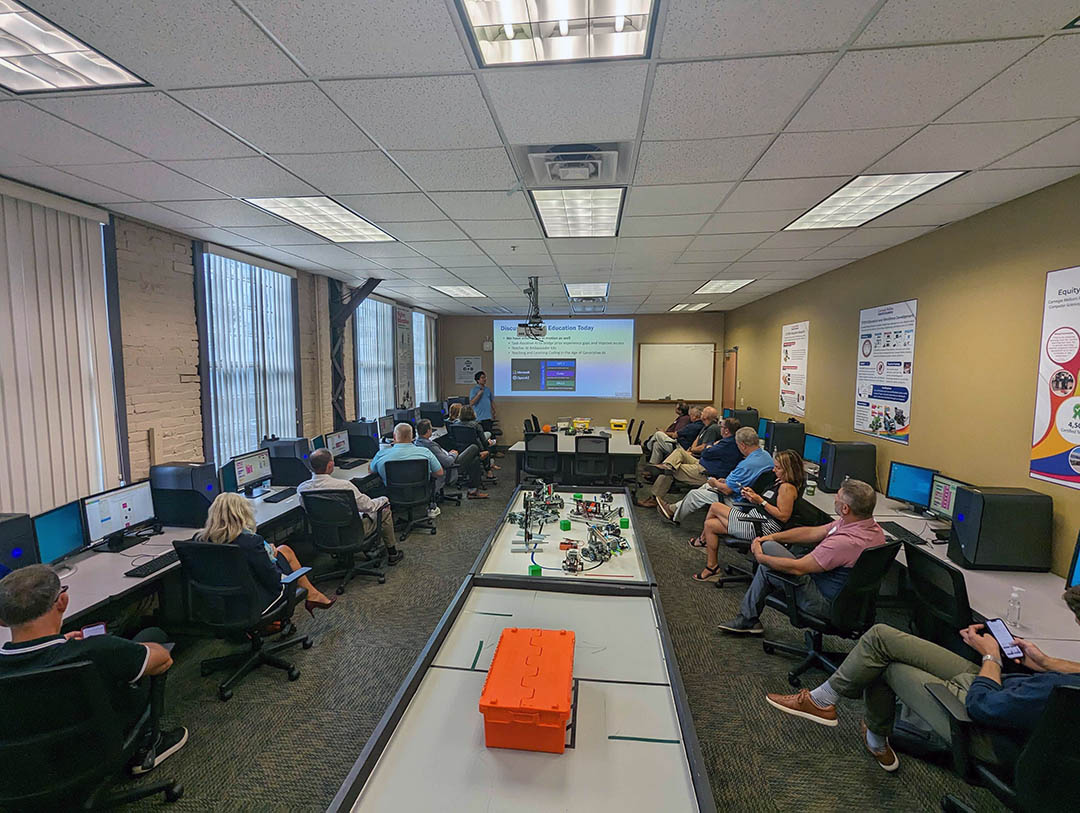 |
The directors further understood the upcoming workforce opportunities in robotics, shedding light on essential skills for future students. A special highlight was the SMART Robotics Technician Program, designed to train students for modern robotics careers.
Engaging with Advanced Robotics The group then ventured into specialized sessions. Half toured the NREC, viewing state-of-the-art robots, while the other delved into the impact of Machine Vision, Machine Learning, and Artificial Intelligence on educational robotics in the Carnegie Mellon Robotics Academy classroom. This included a demonstration of the Nvidia Jetson Nano Jetbot performing real-time image perception and a hands-on Machine Vision Simulator session.
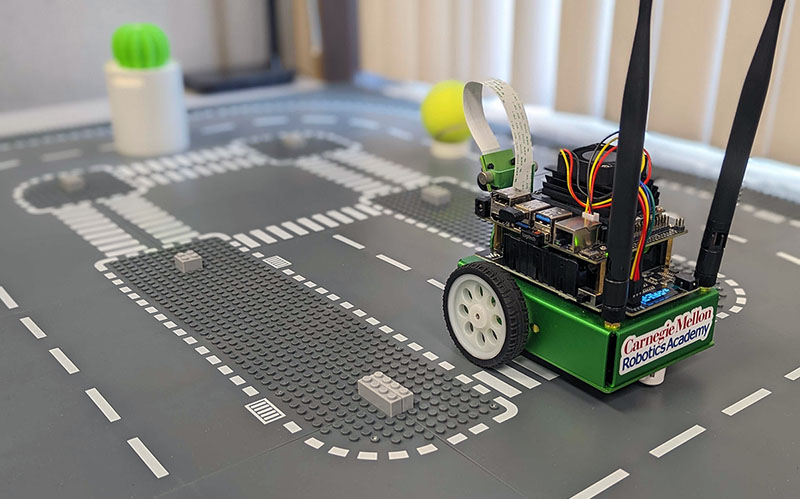 |
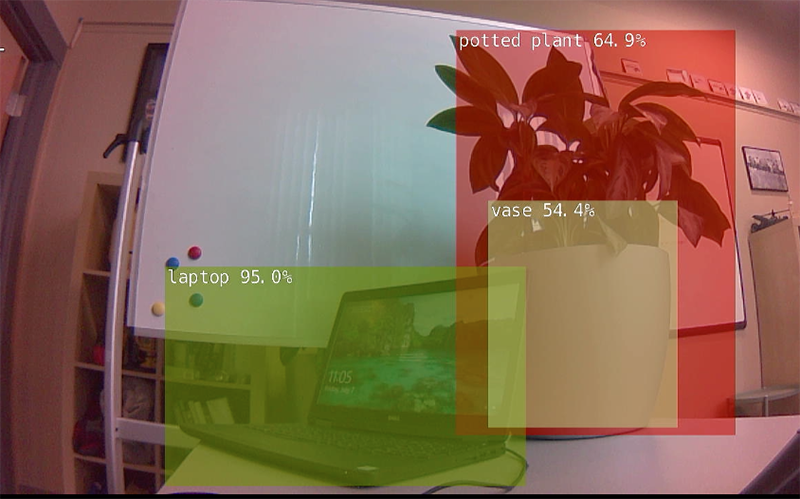 |
Additionally, they encountered the versatile LEGO SPIKE Prime kit, emphasizing its potential to enhance science education through activities such as Data Collection and Analysis with SPIKE Prime, themed around the Fern Hollow Bridge collapse in Pittsburgh. The exploration wrapped up with an overview of CMRA's current research projects.
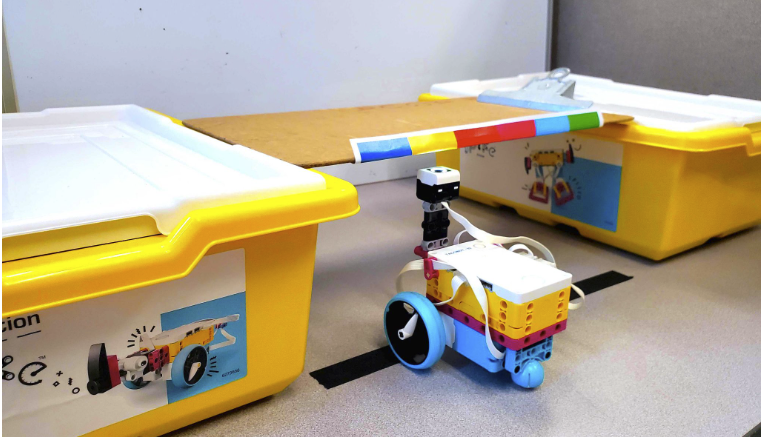
The Significance of Intermediate Units Representing Pennsylvania's Intermediate Units, these directors underscore important educational service providers. They cater to various schools, offering quality instruction to over 50,000 Pennsylvania students. These units, founded in 1971, continue to evolve, bridging the gap between local schools and the Pennsylvania Department of Education. More on Pennsylvania's intermediate units can be found here.